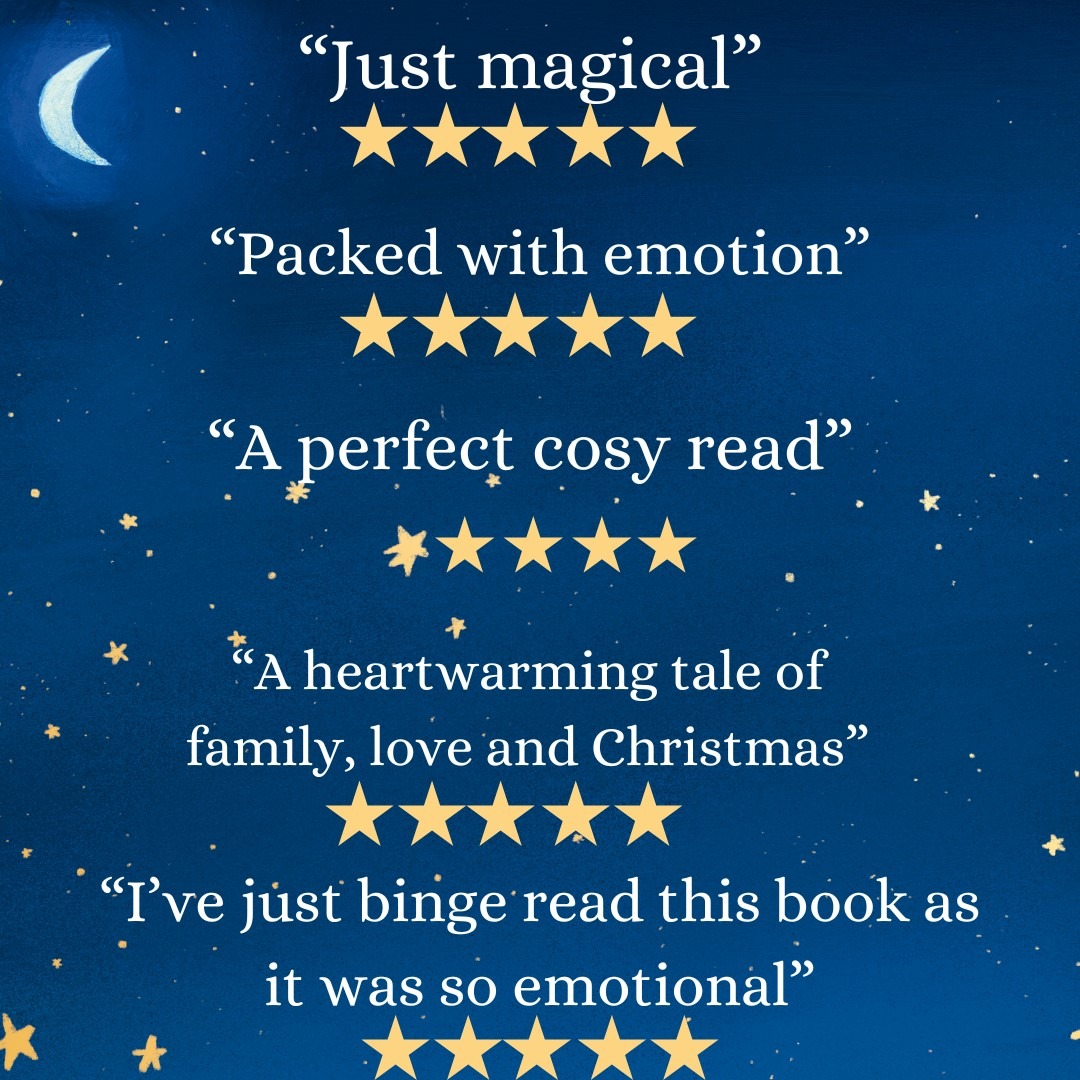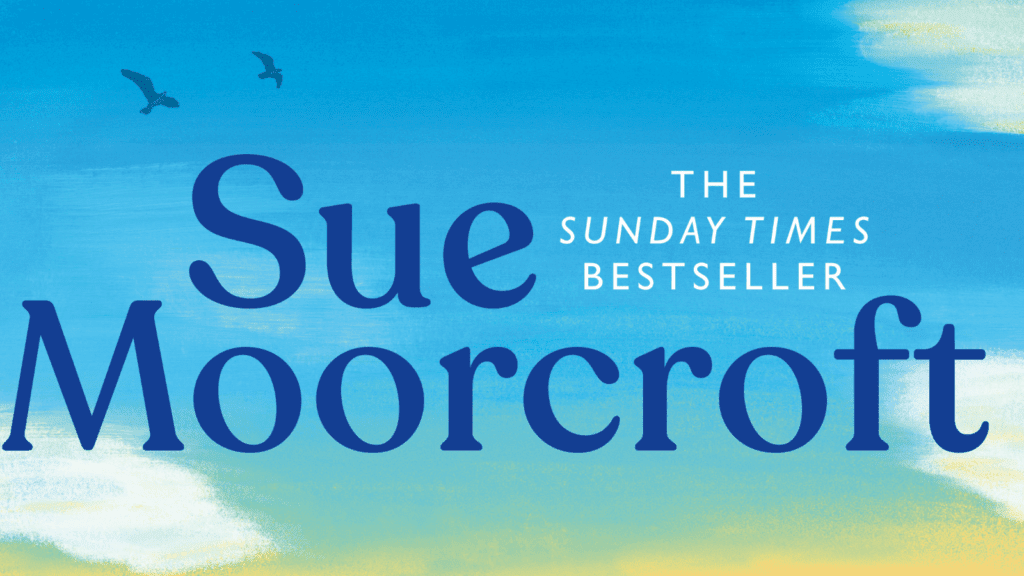This is the 15th of 25 blog posts to celebrate my 25th published novel, A Skye Full of Stars. This blog post offers advice on how to successfully finish your book and bring it to a satisfying conclusion!
It’s amazing how some (wonderful!) writers are able to keep the end to a story going. Black moment after black moment, more twists than a maze, they thrust their characters together and yank them apart … it’s riveting!
On the other hand, you get the occasional finale that fizzles rather than sizzles and it spoils what’s been a great read.
I try and write the first kind of ending and avoid the second. I believe the right ending for my book already exists in my imagination. It’s just a case of recognising it.
How to End Your Book…
Words such as resolution and conclusion are associated with endings for good reason. I look back at the story’s beginning. What did I want my hero and heroine to learn/find/resolve/defend and what did they have to overcome to do it? How can I answer questions and tie in threads, giving the reader the feeling that they are leaving by the same door by which they came in?
What I don’t want:
- My characters to resolve the conflicts over a cup of tea i.e. make the conflicts that have driven the book suddenly trivial. I guess that in real life we learn to live with things but that’s not gripping.
- Someone else to come along and solve everything. I want my central characters to be instrumental in their own ending.
- The action to occur off stage and some lesser character come on to explain what happened.
- To cheat readers with hasty contrivances, previously undisclosed facts or hitherto secret characters.
Like an airliner, a story needs a lot of space for its final flightpath. I like everything to go wrong, so completely wrong that it seems irretrievable. Then I make my central characters fight to retrieve it. I plumb the depths of their courage and fortitude, winkle out what they’re prepared to sacrifice in order to achieve a goal. That, to me, is the end of the story.
When to Write an Epilogue
Some people dislike prologues and epilogues. I don’t have one in every book or feel that if I have one I must have the other but I don’t shy away from them either.
I try and wind up the final chapter in exactly the right place – after the big resolution – but I’m also mindful of the advice of a past editor not to leave readers too soon. An epilogue is a great opportunity to glimpse my characters enjoying their happy ending, satisfying subplots and maybe including the readers in a joke they’ve shared.
I leave open or ambiguous endings to others. I want readers to put my books down reluctantly, smiling or sighing … but satisfied.
I want to give everyone time to say goodbye.
My new novel A Skye Full of Stars is out now!
Early reader reviews…



